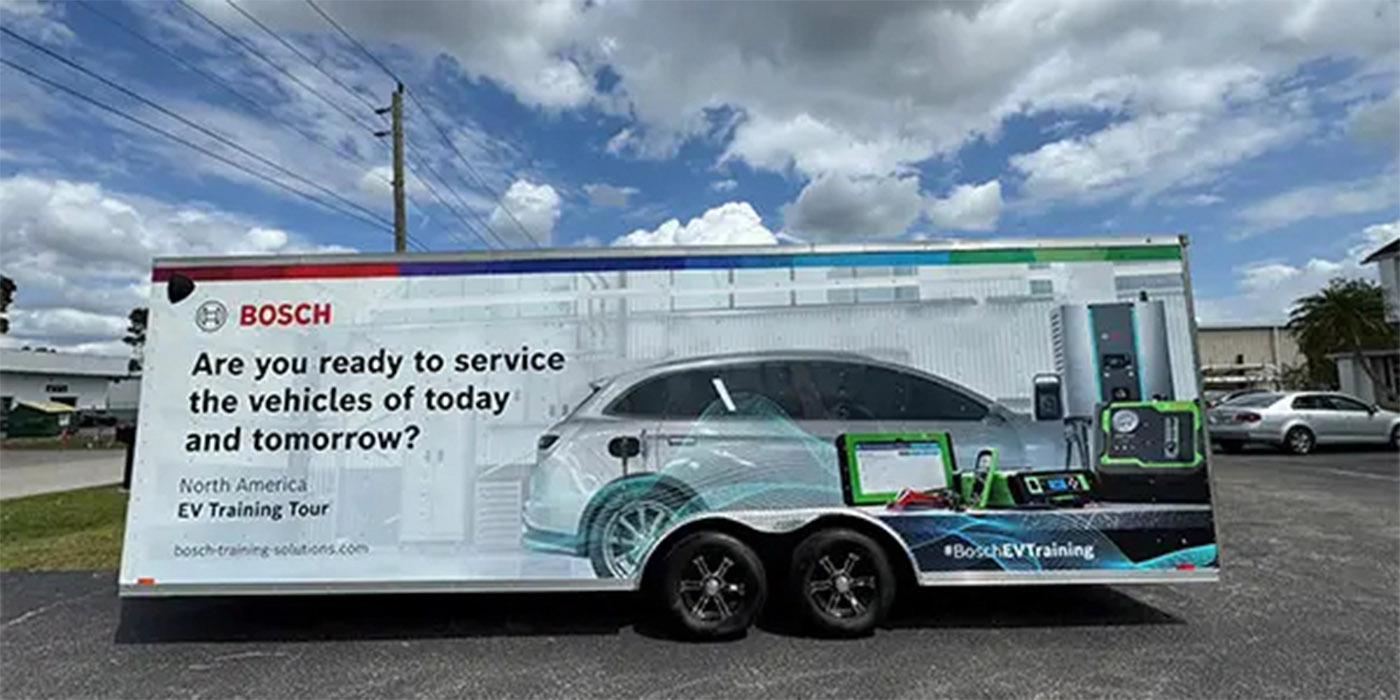By Allen Markowitz and Allan Gerber
In our 40 years, we have hired many employees and have had, at times a turnover rate that still astounds us. Yes, sometimes we were fortunate and hired the “gem” who stayed with us for 20 or 25 years and flourished. But usually it was the opposite.
We noticed that when the country as a whole was experiencing full employment (unemployment less that 5 percent), the selection was generally poor and we interviewed many more candidates to find those who we considered acceptable. The opposite being true when the country was in a time of high unemployment — we usually had a larger pool of good potential employees.
Anyone who is an owner or in a management position involving hiring has gone through this exercise and could probably share the same stories.
Looking at these experiences the first thing that comes to mind is the salary we have to offer a new employee. Unfortunately, entry- and mid-level positions in our industry are not highly paid.
Obviously, there will be a group who will not go to college, those who seek employment after high school and somehow we would like to find our gems here train them and move them up to management positions with a fair salary. How is this going to happen if schools don’t teach the necessary skills?
Education level aside, how many times have you had an interview where the person sitting across the desk clearly seemed not to care, did not turn off their cell phone or did not bother to at least put on a clean pair of jeans and a pressed shirt?
We have received e-mails from across the country regarding the poor labor pool, and the lack of industry training available.
One possible training solution is the program offered by SUNY Alfred State, which has courses available either online or on campus. The curriculum description below is from their website:
“Parts store managers train, supervise, and schedule personnel; assist in customer service; address employee and customer concerns; manage inventory; understand and interpret company policies, procedures, and legal requirements; maintain sales productivity; and oversee general store operations. A counter professional’s primary job is to meet customer needs and expectations; understand, interpret, and perform company and store selling and pricing policies; assist manager with his duties; and act as manager when necessary.”
Today’s auto parts business is no longer for those who fixed their own cars and then went on to become great counterpeople; today’s cars are just too complex. Only through continually educating our counterpros will we have a workforce prepared for the challenges of the future.
Allen Markowitz and Allan Gerber operate Auto Biz Solutions, which provides training, marketing, management and business consulting services to both the automotive jobber and independent repair shop.
For more information, go to: www.autobizsolutionsllc.com or e-mail [email protected].












